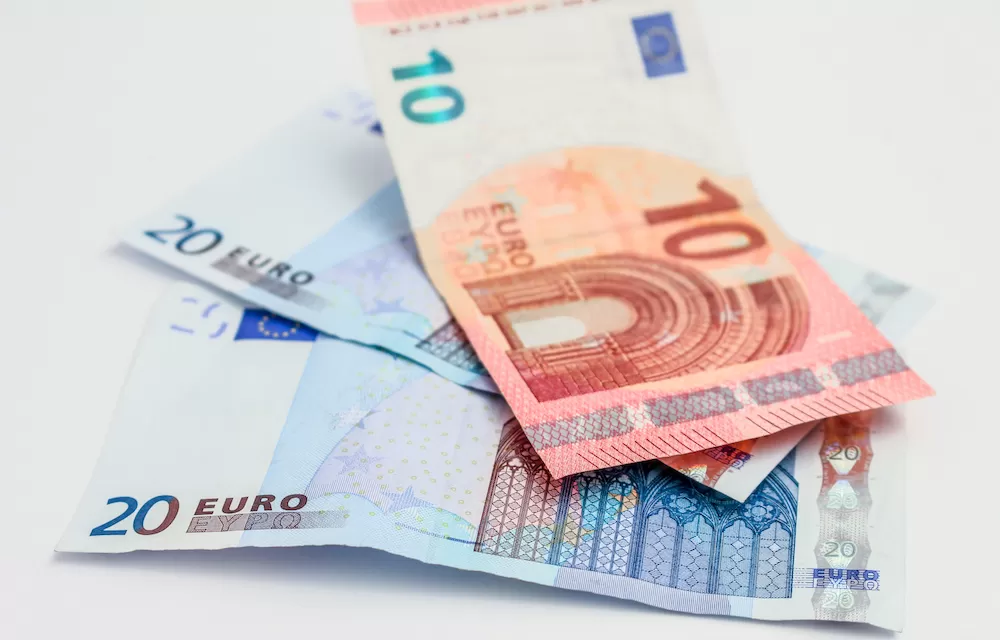The process of selling your
property in Ireland has a lot of steps. You need to gather important documents, negotiate the final price, and sign contracts. And that's not even all of it! One of the most important steps is to pay the capital gains tax in Ireland. It's a legal requirement that will help legitimize the sale, not to mention keep you out of legal trouble. But what do you know about this country's capital gains tax? Do you know that it is, exactly? Or the tax rate you have to pay? Before selling real estate in Ireland, it's best that you know the basics about the capital gains tax here.
What is Ireland's Capital Gains Tax All About?
First things first, what is Ireland's capital gains tax all about anyway? The answer to that is simple—it's the
tax imposed on the profit you earn from selling your property in Ireland. Or more specifically, it's imposed on the difference between how much you spend to gain the property and how much you sold it for. And unless you sold your property in December, you must pay the capital gains tax in Ireland within the year of the sale. It's commonly the final step of the real estate process, one that you must do unless you're exempt from it.
What is the Tax Rate Here?
Unlike the other taxes in Ireland, the capital gains tax has a flat rate of 33%. This is how much you need to pay for this tax. Though there are instances that the rate can rise to up to 40% or even a whopping 80%, these do not apply to real estate in Ireland. The only time it may chance in this particular case is when you're exempt from having to pay the capital gains tax altogether. But you have to meet certain conditions in order to be exempt.
What Can Exempt You From This Tax?
Speaking of being exempt from paying the capital gains tax, what exactly are the conditions for this? The first is if what you sold was your family home. Or you used any part of the property in Ireland as your main residence here. No matter how small the area is, if you lived anywhere within the place you just sold, you'll be exempt from paying the capital gains tax. Any asset transferred from one spouse or civil partner to another also exempts you from this tax. But it is rare that one would purchase a property from their own partner, especially since there's such a thing as joint-ownership.
How Can You Pay The Capital Gains Tax in Ireland?
Now that you know more about the capital gains tax in Ireland, how do you go about paying it? If you're a registered taxpayer, you can do it via the
Revenue Online Service (ROS). Make sure you have an account here first. Once you do, you can pay the tax online so you don't have to go through all the trouble of visiting a financial institution. If you do decide to pay through a bank, it'd be better if you
set up a local account first. This will make the process a lot easier and quicker for you!
Selling your real estate in Ireland anytime soon? If there's one thing you shouldn't forget, it's to pay the capital gains tax here. You can get into a lot of trouble and then some if you fail to remember doing this pretty important step!


